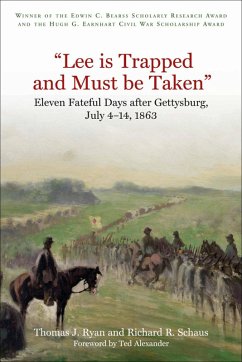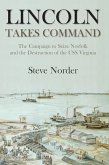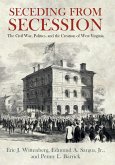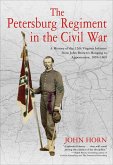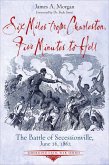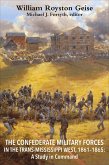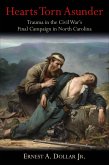This award-winning Civil War history examines Robert E. Lee's retreat from Gettysburg and the vital importance of Civil War military intelligence. While countless books have examined the Battle of Gettysburg, the Confederate Army's retreat to the Potomac River remains largely untold. This comprehensive study tells the full story, including how Maj. Gen. George G. Meade organized and motivated his Army of the Potomac to pursue Gen. Robert E. Lee's retreating Army of Northern Virginia. The long and bloody battle exhausted both armies, and both faced difficult tasks ahead. Lee had to conduct an orderly withdrawal from the field. Meade had to assess whether his army had sufficient strength to pursue a still-dangerous enemy. Central to the respective commanders' decisions was the intelligence they received about one another's movements, intentions, and capability. The eleven-day period after Gettysburg was a battle of wits to determine which commander better understood the information he received. Prepare for some surprising revelations. The authors utilized a host of primary sources to craft this study, including letters, memoirs, diaries, official reports, newspapers, and telegrams. The immediacy of this material shines through in a fast-paced narrative that sheds significant new light on one of the Civil War's most consequential episodes. Winner, Edwin C. Bearss Scholarly Research Award Winner, 2019, Hugh G. Earnhart Civil War Scholarship Award, Mahoning Valley Civil War Round Table
Dieser Download kann aus rechtlichen Gründen nur mit Rechnungsadresse in A, B, BG, CY, CZ, D, DK, EW, E, FIN, F, GR, HR, H, IRL, I, LT, L, LR, M, NL, PL, P, R, S, SLO, SK ausgeliefert werden.

